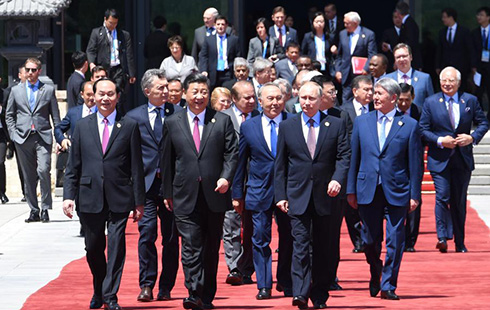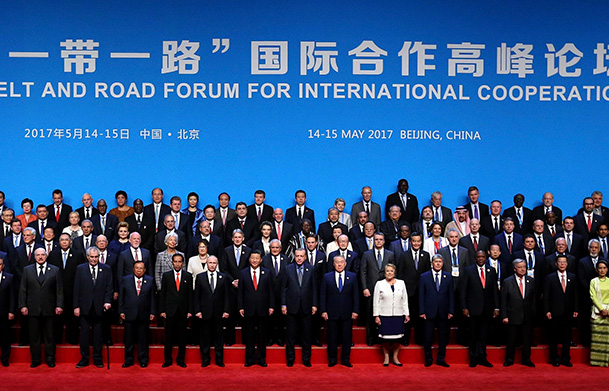Government offices eliminate smoking
Nearly 200 government departments, government-affiliated institutions and State-owned companies in Beijing have started a campaign to eliminate smoking in their buildings.
"The organizations taking part in the campaign have shown great enthusiasm," said Zhao Chunhui, deputy director of the Beijing Municipal Health Bureau. "We planned to have 100 such organizations take part in this campaign, but ended up with 170 by the end of April."
The 170 organizations include ministries of the central government, such as the Ministry of Industry and Information Technology, the ministry leading the tobacco control efforts in China.
Fu Jingbo, deputy director of the logistics department of the ministry, called for people working in the 170 organizations to stop smoking and offering others cigarettes in the workplace.
In the Global Adult Tobacco Survey led by the World Health Organization in 2010, 63.3 percent of Chinese adults surveyed noticed tobacco smoke at workplaces and 58.4 percent noticed that smoking occurred in government buildings.
Luxury cigarettes have been popular as high-end gifts Chinese people give to each other, including to government officials. The traditional cigarette and liquor culture" is posing challenge to the tobacco control efforts, Zhao said.
However, 35-year-old Wang Chunhua, deputy director of the general affairs office of the Beijing's Tongzhou district government, said the attitudes towards smoking around him is changing.
Wang, who used to work in the district's Party committee for nine years until half a year ago, said most of his colleagues there are in their 30s and smoke much less than coworkers above the age of 40.
"Right now we forbid smoking in offices and during meetings. Officials who want to smoke are asked to go outside," he said, believing public advocacy is very important for the district government's plan to build smoke-free environments.
"The occasions when people are offered with cigarettes and invited to smoke are significantly fewer, for most of us don't carry cigarettes with us, and thus won't invite others to smoke with us."
He said his office is going to set aside smoking areas during the campaign, and be harsher to eliminate occasional indoor smoking such as stealthily smoking in the restroom.
Lang Xiaodong, an official in the National Health and Family Planning Commission, which has banned smoking inside its office building since 2010, said the ban has brought much change to her workplace environment.
"Indoor smoking was very common before the ban," she said. "Now nobody smokes in the building, because the rules the commission has set for its employees and anti-smoking advocacy it has done helps many realize the health threat of secondhand smoke."


















